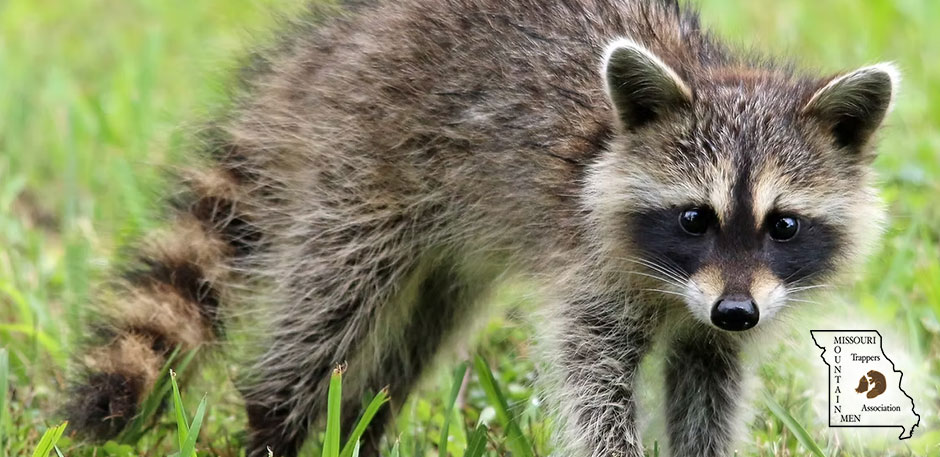Code of Ethics
UTILIZING OUR ABUNDANT MISSOURI WILDLIFE
Preamble
The Missouri Trappers Association (MTA) affirms that ethical, regulated trapping is a vital tool of wildlife conservation and stewardship. This Code of Ethics guides our members in conduct that is lawful, humane, and respectful of people, property, and wildlife across the state of Missouri.
Core Ethical Principles
- Respect: For wildlife, landowners, fellow outdoorsmen and women, and the broader public.
- Legality: Full compliance with Missouri Department of Conservation (MDC) regulations and all applicable laws.
- Humanity: Commitment to humane methods, prompt dispatch, and minimal suffering.
- Stewardship: Science-based harvest and habitat care that sustain healthy furbearer populations.
- Integrity: Honesty in recordkeeping, reporting, education, and representation of our craft.
- Safety: Personal, public, and environmental safety in all trapping activities.
- Education: Ongoing learning and mentorship, especially for youth and new trappers.
Field Conduct
- Obtain and carry all required licenses, permits, and tags; know current season dates and methods.
- Secure written permission from landowners or managers; follow access instructions precisely.
- Place devices responsibly to avoid hazards to people, pets, and non-target wildlife; respect setbacks and signage.
- Check devices at intervals required by regulation (or more frequently as conditions warrant) and remove sets when done.
- Use appropriate gear for species and conditions; maintain equipment in safe, humane, and functional condition.
- Prevent waste: handle, utilize, or lawfully dispose of harvested animals; salvage usable byproducts where practical.
- Leave no trace: pack out litter, repair minor disturbances, and protect gates, fences, and crops.
Animal Welfare & Best Management Practices (BMPs)
- Adopt BMP-recommended devices, swiveling, chain lengths, and set placements to reduce injury and stress.
- Use species-appropriate lure, bait, and pan tension to minimize non-target captures.
- Release non-target animals unharmed whenever safe and lawful; record incidents to improve future practices.
- Dispatch humanely and promptly using legal, recognized methods; avoid unnecessary handling.
- Monitor weather (heat, freezing rain, extreme cold) and adjust check frequency and set types accordingly.
- Maintain clean, ventilated storage for pelts and carcasses; follow safe, sanitary fur handling procedures.
For detailed guidance, consult MDC regulations and recognized BMP resources.
Landowner Relations
- Communicate clearly before, during, and after trapping activities; provide contact information.
- Respect boundaries, access windows, livestock, pets, equipment, and posted restrictions.
- Report issues (e.g., damaged fence, unusual wildlife activity) promptly and offer reasonable assistance.
- Honor special requests (e.g., no sets near buildings or trails) and cease activity if permission is revoked.
Public Conduct & Youth
- Represent trapping professionally at events, online, and in the field; avoid provocative displays or language.
- Model ethical behavior for youth; provide age-appropriate instruction and direct supervision.
- Transport animals and equipment discreetly and lawfully; respect communities and non-trappers.
- Refrain from alcohol or impairing substances while setting or checking devices.
Compliance & Reporting
- Know and follow all MDC rules governing devices, tagging, sealing, transport, sales, and reporting.
- Maintain accurate personal records (landowner permissions, harvest logs, trap numbers, locations).
- Cooperate courteously with conservation agents and law enforcement.
- Report suspected poaching, cruelty, or serious violations to authorities; support fair, consistent enforcement.
Communications & Social Media
- Share educational, accurate information; avoid misrepresentation of trapping practices or outcomes.
- Obtain consent before posting identifiable images from private property or of other participants.
- Do not disclose sensitive locations (e.g., dens, rare species areas) that could invite misuse.
- Engage respectfully with critics; avoid harassment, threats, or inflammatory content.
Conflicts of Interest & Stewardship
- Disclose financial or personal interests when acting in any official MTA capacity.
- Do not use MTA roles, events, or resources for personal gain contrary to the Association’s mission.
- Support conservation projects, habitat protection, and data reporting that advance sound management.
- Uphold this Code when instructing, organizing events, or representing MTA to partners and the public.
Trapper’s Pledge
As a member or representative of the Missouri Trappers Association, I pledge to obey the law, trap humanely, respect people and property, steward wildlife and habitat, represent our tradition with integrity, and mentor others in ethical, conservation-minded practices.
- I have read and understand the MTA Code of Ethics.
- I agree to follow this Code at all MTA events and during my trapping activities.
- I understand violations may result in disciplinary action up to removal from events or membership.
Contact Missouri Trappers Association
Get in touch with the Missouri Trappers Association by filling out the contact form. We appreciate your support!
For questions regarding your membership, please call
Joslyn Search: (660)292-1911


